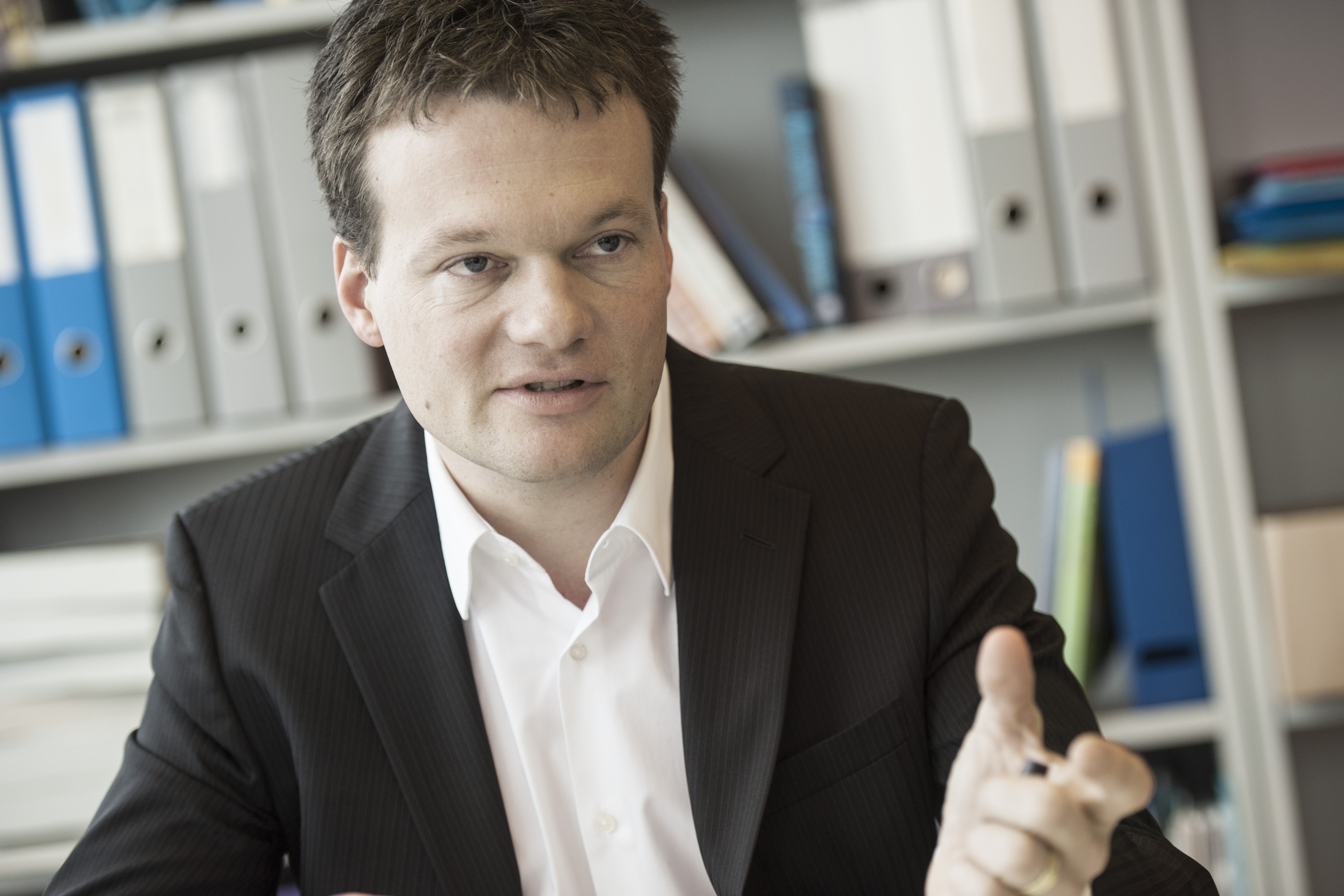
This episode currently has no reviews.
Submit Review- Publisher |
- Michael White
- Media Type |
- audio
- Categories Via RSS
- Publication Date |
- Dec 19, 2018
- Episode Duration |
- 01:10:00

https://forecastpod.files.wordpress.com/2018/12/episode_20_reto_knutti.mp3
detail.html?persid=146272">Reto Knutti and I are both interested in cake. Reto, as an analogy for the problems society faces when trying to divide up the allowable carbon emissions among historically greedy and newly desirous consumers. Me, because I love cake (ok, it’s also a great analogy).
Reto is a stellar climate physicist, working on many angles of climate system, including climate sensitivity, ocean circulation, aerosols, radiative forcing, changes in extremes, and allowable carbon emissions (most recently at Nature, he co-authored a paper on how regional extremes scale with global mean temperature).
Hard core IPCC Working Group I stuff, you could say.
But Reto is also interested in climate and society interactions. He’s done dozens of outreach activities, has clear ideas about how to engage with non-scientists, and thinks deeply about what models are and how to use them. So I decided to steer the conversation more towards social/policy/economics angles … fields in which neither one of us has formal training, making it all the more fun.
Reto has certainly tried hard to build scientific bridges among fields. In his experience, the theoretical and practical challenges in working across disciplines are enormous and the immediate benefits can be scant. For Reto, working with economists and social scientists: produced “…some of the hardest papers to write, ever”. And some of this work is cited hardly or not at all. If you don’t start, though, you’ll never get anywhere, and Reto doesn’t seem to regret any of the considerable effort he’s put into “non-core” activities.
In this vein, I posed a series of quasi-unanswerable questions (paraphrased):
Q: How do you get society to stop eating so much cake? A: Perhaps by massive regulation or massively reduced use, but neither seems likely. Massive investment in research and technology might be a better way forward.
Q: What’s the best way to engage with a range of civic and financial institutions on climate change? A: Keep facts and values separate: “rather than telling people what they need to do, you tell them what the facts are, what the options are, and you let them basically think on their own about what they could do or what they need to do”. Shared values definitely helps.
Q: Given that the EU and the US are at approximately similar points on the Kuznets curve, why do they have such different attitudes towards climate? A: The EU tends to think more as a society and less as an individual, and the US has fundamentally different geographical constraints and faith in technology to solve problems.
Q: How do you decide whether or not there are fundamental limitations to model projections … or put another way, is there a question for which the answer is so uncertain that modelers shouldn’t even provide an answer (inspired by Lenny Smith)? A: That’s a tough one, and actively debated in the modeling community. At the least, you can evaluate against the paleo record, check for consistency across models, and compare to modern observations. But the potential still exists that models could be missing some sort of critical physics or constraints. The potential for this kind of “miss” is probably highest for the things that are really relevant for society, like extremes and abrupt change.
Reto kindly indulged my open-ended questions about these and many other thorny issues. We did, of course, eventually get around to talking about some actual physics of the climate system!
This episode currently has no reviews.
Submit ReviewThis episode could use a review! Have anything to say about it? Share your thoughts using the button below.
Submit Review